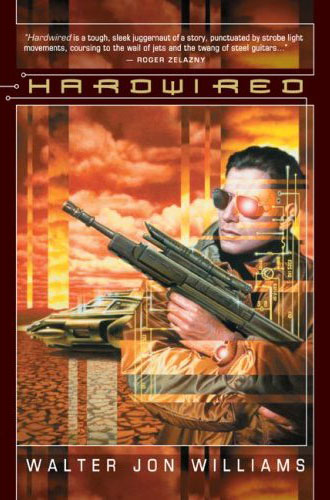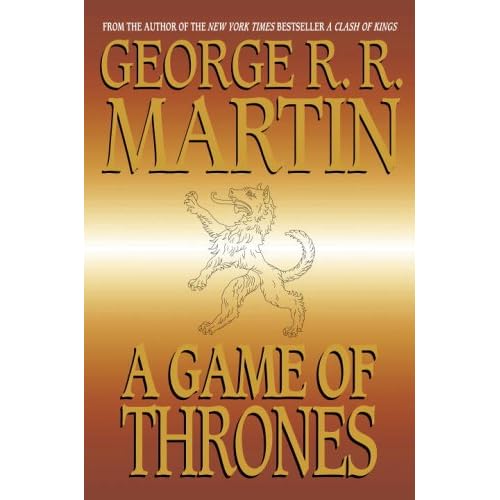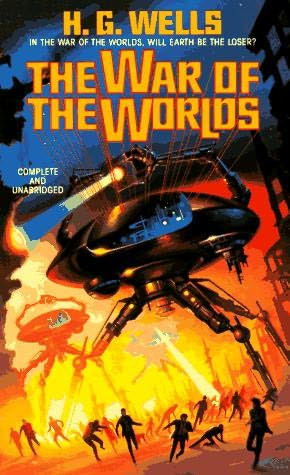Here are my reviews of two books I've recently finished.
While the writing does feel a little dated, the importance of this story to the history of science fiction cannot be understated. War of the Worlds is widely recognized as the first modern science fiction novel, and all invasion stories that came after have borrowed from it to some extent.
While the first half of the book felt like a bit of a chore to get through, largely due to Wells' insistence on talking about the destruction of various locales around London in detail, the story feels extremely human and relevant in the second half, once Wells introduces some dialogue and meaningful human interaction to the mix. What I found most fascinating about the edition that I read, was the afterword which discussed how the story can be read as a multi-purpose allegory for humanity's various conflicts with itself, and with the world around it. It teaches that we must never feel arrogantly certain of earth's future, and it condemns the practices of colonialism and imperialism. We must feel empathy towards our "less advanced" populations, and always consider the implications of our actions.
A must read for all science fiction enthusiasts. 4/5.
The main draws of this book are its conspiracy theories, and some pop commenting on the debate between religion and science. I was very much involved in it, as these are topics that are of great interest to me, but the book didn't really say anything profound or new on the topics. I did enjoy how it didn't really take a clear cut view of things, but I also wish the characters -had- more character, and that parts of the narrative didn't seem entirely too convenient.
Alright, so here are my problems with Dan Brown's writing. Firstly, the man needs a better editor. This book was needlessly long, and Brown's insistence on repeating words and phrases, as well as his need to italicize something on every single page made me feel like I was being talked down to. Yes, I get it, the Illuminati path is laid out "perfectly." You don't have to remind me at every single clue. While I'm on the topic of the clues, I felt that too many people were far too knowledgeable and conveniently helpful at various points throughout the story. Secondly, aside from the possible exception of the camerlengo, none of the characters had a sufficient enough backstory. They all seemed extremely one-note, and felt like empty vessels that were placed in the story just to move the plot along. Lastly, while Brown did create a brisk tale of deception and religious intrigue, the ending of the book is absolutely horrendous, so much so that I had to let out a verbal gag as I read the final words. Let's just say it was annoyingly cliche, which is a shame considering how promisingly the story began.
Based on the above opinions, it sounds like I really hated this book. Truthfully, I didn't. Brown knows his audience, and his playing around with history, whether real or imagined, got my conspiratorial mind going. The resolution to the mystery also caught me fairly off guard. I wasn't expecting the last twist, and I felt glued for the last 70 pages or so, as everything unraveled. There were also some moments of genuine thoughtfulness in the story, particularly when the characters were given time to breathe and let us know a little more about their worldview. Again though, there simply weren't enough of these moments to raise this book above a mild recommendation.
If you're into Catholic conspiracies, secret organizations, or if you just enjoy a very plot-driven murder mystery, you'll likely enjoy this. The book does move along at a quick pace, and there is hardly a dull moment. Despite its nagging problems, it's worth a look, as it does occasionally inspire the reader to think about his or her own preconceived worldview, and the places and roles of science and faith, simplified though the argument may be. 3.5/5.
































